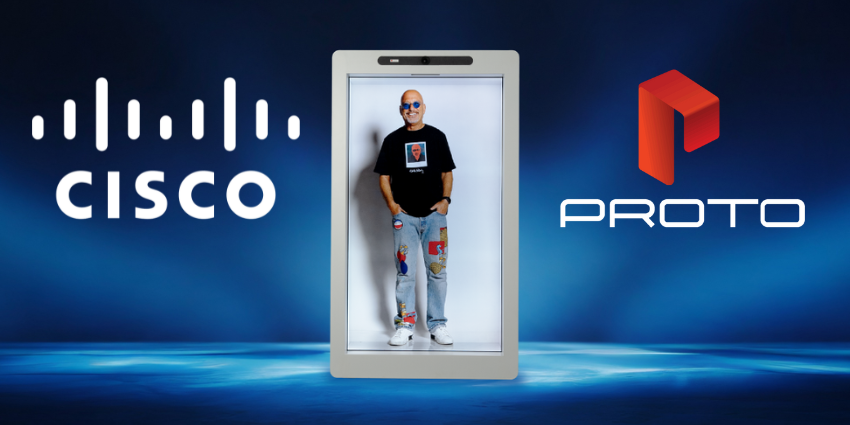Twilio has confirmed the worldwide release of its new data features suite.
The vendor announced that the new feature will enable enterprise customers to securely build, maintain, and scale their customer data.
Its platform-wide capabilities now feature a multitude of enhancements, including Granular Observability, a centralized Alerting Hub, expanded APIS, and Auto-Instrumentation, providing enterprises with more advanced access and flexibility.
Inbal Shani, Chief Product Officer and Head of R&D at Twilio, emphasizes the basic requirements needed for effective customer engagement, and how Twilio’s new data features will positively impact its customers.
“High-impact customer engagement starts with data that is real-time, contextual, and trusted,” she said.
With today’s updates, we’re giving businesses a smart and intuitive control tower for every signal across the customer journey.
“By bringing together complete observability, proactive alerting, seamless instrumentation, and API-first workflows, we are unlocking platform-wide capabilities designed to help our customers build engagement that is not only trusted, but truly transformative.”
Aimed at those responsible for maintaining and managing customer data infrastructure, these new features are set to deliver secure, reliable, and seamless customer experiences.
The observing and alerting features mean that data teams have been eliminated from time-consuming research and can now resolve data issues before they’ve reached the customer.
The release also includes a single alerting hub that manages and reassures enterprises that data is accurate and ready to use.
Granular Observability and Centralized Alerting
These tools aim to address some of the common challenges faced by enterprise data teams.
Indeed, with data teams struggling to resolve and trace complex issues, this can often result in delays, company and customer friction, and missed campaign opportunities.
These data issues are also in addition to the frequent multiple alerting systems teams must deal with, allowing for missed alerts on important issues and damaging company trust, as well as increasing downtime and reputational damage in the industry.
Twilio’s tools are designed to help eradicate these data issues and repetitive research work for data teams.
The Granular Observability tool implements Twilio’s Failed Delivery Logs to supply data teams with complete access to each event ID’s details, allowing them to efficiently trace, diagnose, and resolve issues quickly.
The Alerting Hub tool, on the other hand, can streamline its notifications via centralized alerting, giving data teams the capability to configure, monitor, and manage alerts all in a single place.
It allows data teams to set up proactive notifications in the case of critical events, such as data drops and audience sync failures, equipping companies with the flexibility to tailor their notifications to custom thresholds and use cases.
Access and Flexibility with Simple, Powerful Tools
These APIs are intended to remove repetitive, manual, and error-prone data management work from data teams, allowing for company customization, automation, and the extension of Twilio Segment’s data foundation.
These include three API features that offer access, flexibility, and composability for data teams:
- Auto-Instrumentation: This allows teams to add Software Development Kits (SDK) to view a user’s site activity across multiple applications, who use these signals to make new events in Segment.
- Audience and Destination Configuration APIs: These can enable teams to create, preview, and manage its audiences programmatically at scale.
- Profile APIs: By allowing teams to tap directly into Twilio Segment’s Data Graph and other unified profile, this provides them with the flexibility to query entities, update its identifiers, and mask Personally Identifiable Information (PII) to ensure compliance standards are met, including version control and auditability.
And for additional extensibility, Twilio has introduced its new no-code Auto Instrumentation, designed for non-technical users who wish to instrument events without code.
Keith Kirkpatrick, Research Director at Futurum, highlights the potential impact of Twilio’s new focus on data quality, stating:
“Twilio’s focus on data quality, depth of observability, and API extensibility sets a new standard for trusted customer engagement at scale.
These added tools and capabilities can help data-driven organizations build customer trust.







